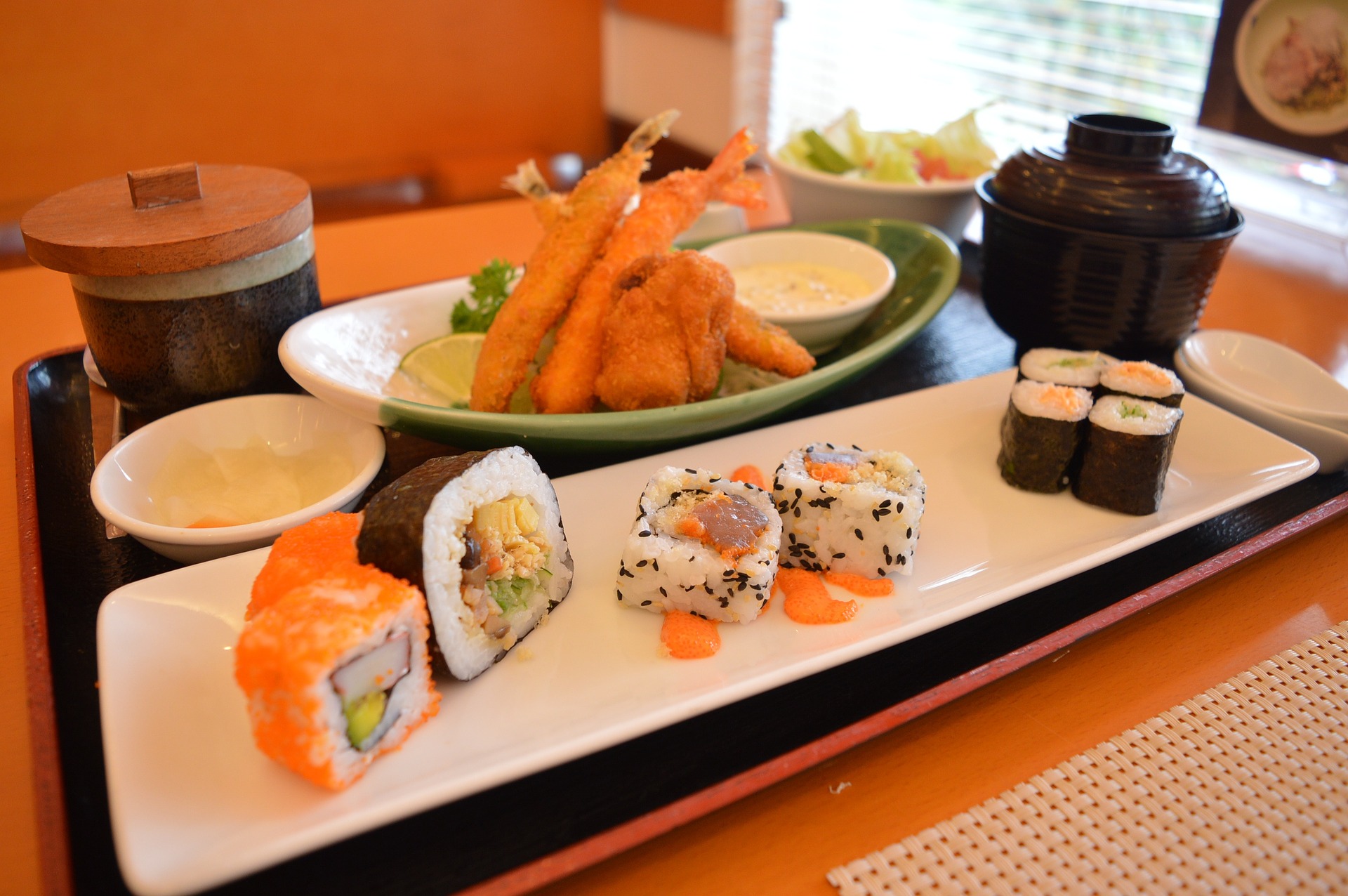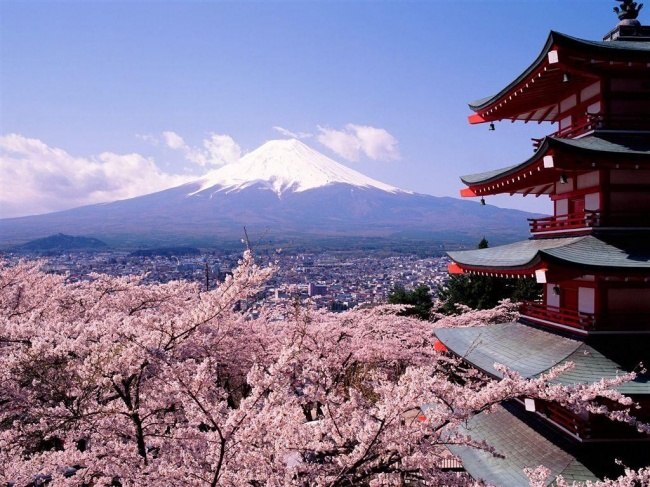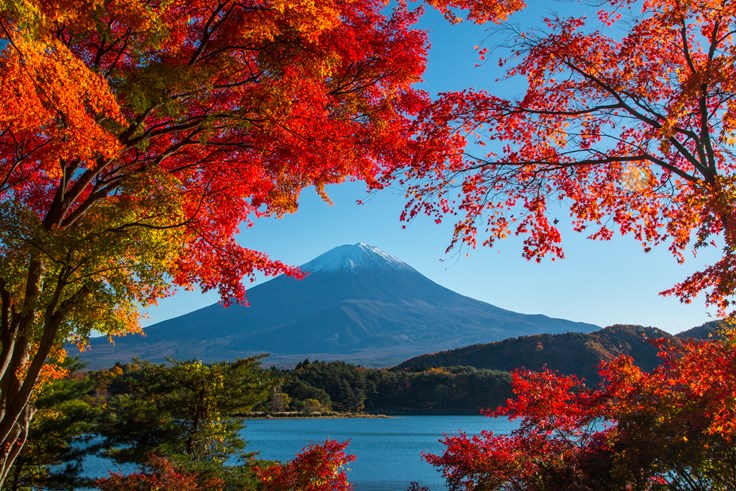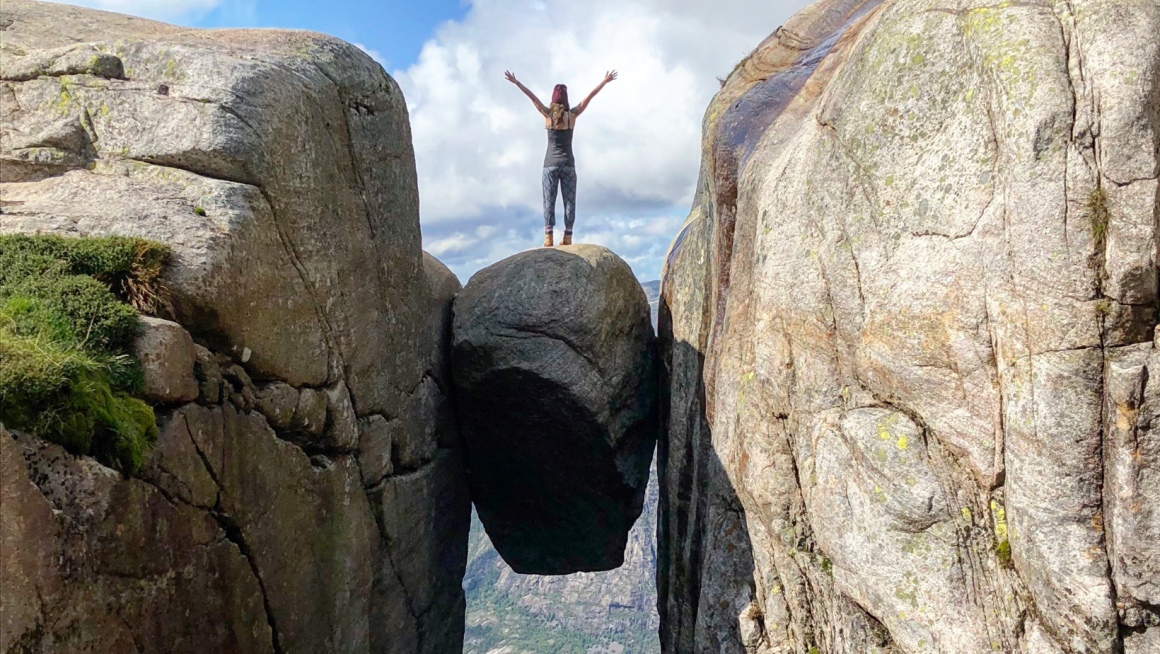Learn some interesting information about Japan while enjoying a range of fun facts. These are not myths and stereotypes but actual facts…and they’re very interesting!
1. In Japanese, the name “Japan” is Nihon or Nippon, which means “Land of the Rising Sun.” It was once believed that Japan was the first country to see the sunrise in the East in the morning.
2. Fish and meat are very cheap in Japan. But fruit is very expensive. An apple usually costs $2, while a bunch of bananas can be purchased for about $5. The most expensive fruit is melon: in Tokyo, it will cost around $200! Hmmm…
3. The Japanese language has several degrees of courtesy: conversational, respectful, polite, and very polite. Women’s speech usually contains more respectful forms than men’s.
4. Japan has female-only carriages on its metro system. These are mostly used during the morning rush hour so that women can ride with a sense of security. A lot of Japanese men practice voyeurism, so touching or groping women on crowded subway trains is a common thing here. However, Japan has one of the lowest rates of rape in the world.
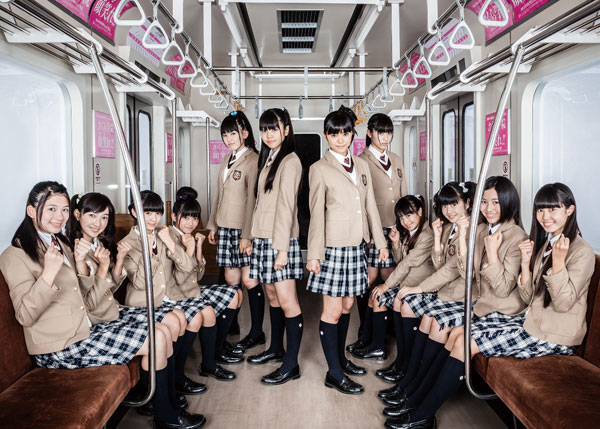
5. Schoolgirls in Japan are not allowed to wear tights even if the weather is very cold. Knee-high socks, which are part of the standard school uniform, should be worn throughout the year. Students’ skirts vary in length depending on their age: the older the girl, the shorter the skirt is.
6. Japan is the only country in the world where a one-minute threshold is considered the criterion of being late. The only reason for the delay of a train is a suicide under its wheels.
7. In Japan, people can smoke everywhere except on railway station platforms and at the airports. However, there are no waste bins, and one is not allowed to flick cigarette ash to the ground. That’s why every smoker should carry a small ashtray with them.
8. The Japanese love to eat and love to talk about food. While eating, it is necessary to praise the meal. It’s considered very impolite not to say “delicious” several times during the meal.
9. The concept of honor is very important to Japanese people. For example, former Prime Minister Yukio Hatoyama resigned because he couldn’t fulfill his pre-election promises.
10. The Japanese language uses three different systems for writing:
Hiragana – syllabic system for writing Japanese words
Katakana – an alphabet used to write non-Japanese borrowed words
Kanji – hieroglyphic writing
11. The Japanese have no month names. Instead, months are named with sequential numbers. For instant, September is “kugatsu,“ which means ”the ninth month.“
12. If a Japanese woman or man doesn’t want to assist you with something, they will never say “no.” Instead, they will assure you that they will think of ways to help or that your problem needs a little bit of time to check. However, you will never get an answer.
13. Leaving tips is not a common practice in Japan. It is believed that as long as the customer pays the actual price for the service, they treat the seller as an equal. If you do attempt to tip someone, it can be considered rude.
14. Two-thirds of Japan’s territory is covered with forests. However, the Japanese government has banned the use of the country’s own wood for commercial purposes. So Japan consumes about 40% of all wood harvested from tropical forests.
15. There are Musical Toilets in Japan. One of the most unique things in Japan are the high tech toilets you will find in the country. Not only do these toilets automatically warm the seat up for you, but they also wash your bottom and can play music to drown out any unwanted noise!
16. A small circular or square seals called ”hanko” are used instead of a signature on many documents in Japan. Each Japanese person has such a seal, and it is used many times during the day. You can buy such a seal in any shop.
17. Mt. Fuji, or Fujisan or Fujiyama, is the tallest mountain in Japan at 12,388 feet (3,776 m). It is considered a sacred mountain to many Japanese. More than one million people climb Mt. Fuji every year during the official climbing season of July and August.
18. The Japanese avoid the number four (shi) because it sounds the same as the word for death. Tall buildings do not have a fourth floor. Tea and sake sets are sold with five cups. Three or five is the desirable number of guests in a traditional Japanese tea ceremony. As a rule, odd numbers are preferred over even numbers in Japan.
19.In Japan, there is an island full of rabbits called Ōkunoshima. They were brought there during World War II to test the effects of poison gas.
20. Hadaka Matsuri, or Naked Festival, is a kind of festival where thousands of Japanese men remove their clothing in public due to the belief that a naked man has a greater ability to absorb evil spirits. Only the most intimate parts of the body are covered with a cloth called a fundoshi.

